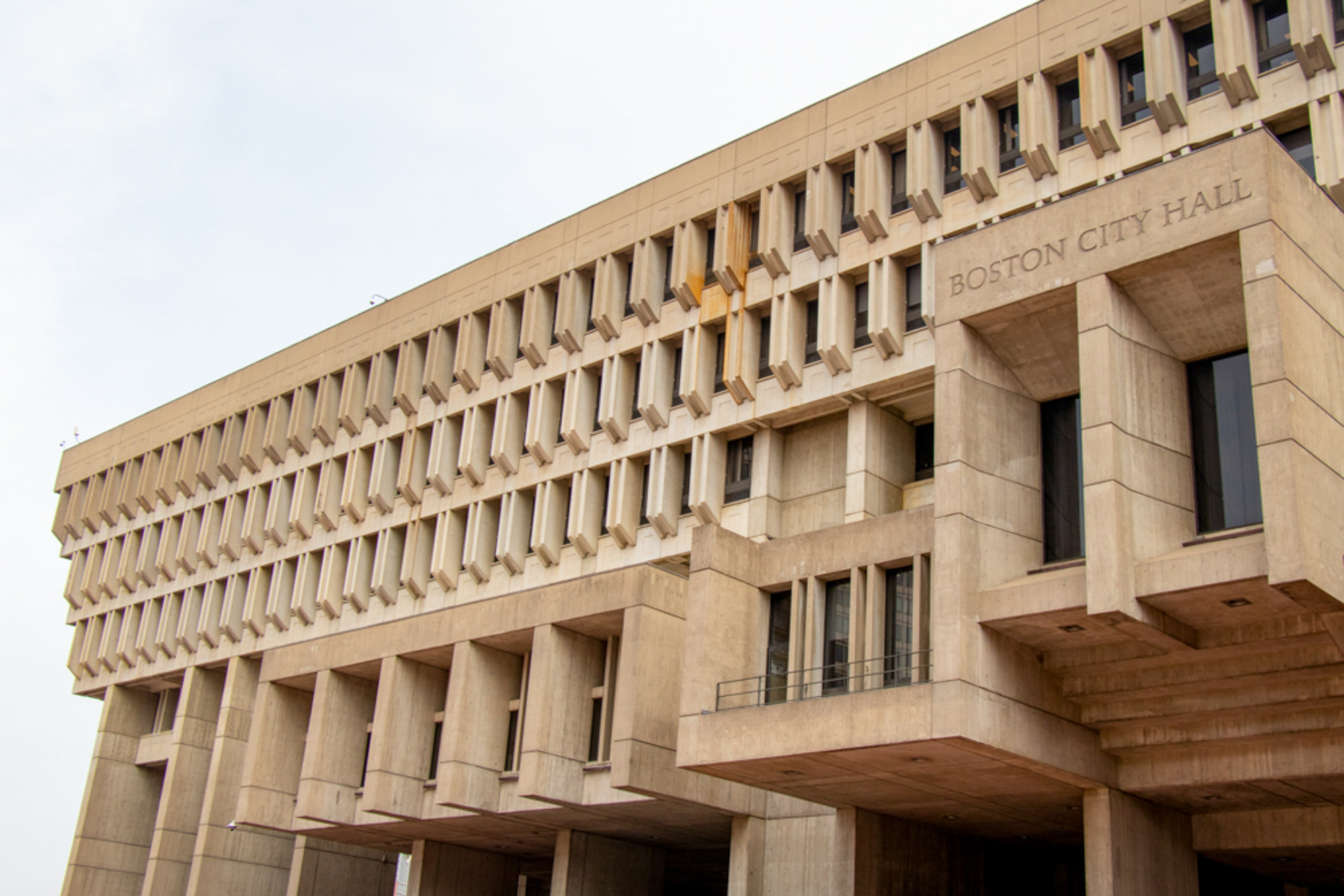Boston City Council passed resolutions to honor the lives lost on Oct. 7, recognize Bisexual Visibility Day and celebrate Latino Heritage Month during its Wednesday meeting.

A resolution offered by Councilor Edward Flynn proposed raising the Israeli flag at City Hall Plaza on Oct. 7, one year since Hamas’ attack on Israel, to honor the more than 1,000 civilian lives lost and 251 held hostage.
“We condemn the horrific acts of terror that Hamas has inflicted on that day, Oct. 7, and continue to call for the release of the remaining hostages,” Flynn said during the meeting.
The resolution was objected by Councilor Benjamin Weber due to concerns of high tensions on all sides.
Weber said he agrees about the importance of honoring the loss of lives on Oct. 7, but argued that the decision “warrants discussion of the best way to do so in partnership with Jewish leaders and other community members.”
“This move seems more about inflaming passions on both sides than about healing,” Weber said. “I believe we have to find a way to come together to call for peace.”
To move forward, Weber said there must be “more thoughtful discussion” about how to best approach the matter.
Flynn said the objection caught him “off guard” and that he wished Weber had approached him with his concerns earlier.
“Not sure what’s so controversial about that, Councilor Weber,” Flynn said in response to Weber’s objection. “There’s nothing controversial about recognizing Oct. 7.”
The resolution was referred to committee for further deliberation.
Additionally, the council unanimously passed two resolutions at the meeting: recognizing Sept. 23 as Bisexuality Visibility Day and Sept. 15 to Oct. 15 as Latino Heritage Month in Boston.
Councilor Henry Santana presented Docket 1400, a resolution recognizing Sept. 23 as Bisexuality Visibility Day.
“This day is about celebrating the lives, experiences and contributions of bisexual+ people while raising awareness of the unique challenges and prejudice they face,” Santana said.
Bisexuality Visibility Day has been celebrated globally since 1999, first conceived by activists Wendy Curry, Michael Page and Gigi Raven Wilbur. Santana said the 25th anniversary of this date is a “fitting” moment to continue “to amplify the voices of those who identify as bisexual+, biromantic, pansexual, fluid or other identities” in Boston.
“Bisexual+ people face higher rates of discrimination and mental health challenges,” Santana said, and many bisexual+ youth “lack visible role models.”
Councilor Sharon Durkan echoed the need for inclusivity.
“It’s very important that the City Council is taking action on this, because celebrating diverse voices means understanding how people really, truly want to describe themselves,” Durkan said.
The council also passed Docket 1401, a resolution offered by Councilor Julia Mejia and Santana recognizing Latino Heritage Month from Sept. 15 to Oct. 15.
Mejia shared an anecdote of her arrival to Boston and the struggle she faced in embracing her Latino identity.
“When I first landed in Boston, I did not want to speak Spanish. I did not want to be Latina. I did not want to be identified as anything that was going to make me feel like I did not belong,” Mejia said. “To be a city councilor … [and] to celebrate Latino Heritage Month means the world to me.”
Mejia highlighted the contributions of Latinos to Boston’s growth, noting that since 1980, Latinos have accounted for 92% of the city’s population growth and now make up 20% of its residents.
“From arts and music to the growing number of Latino-owned businesses, our impact is undeniable and continues to shape the city of Boston,” Mejia said.
Santana, who said he is “a proud Dominican,” also spoke on the resolution.
“We are deeply embedded in the social, cultural and economic fabric of the city,” Santana said in reference to Latinos in Boston. “As business owners, workers [and] entrepreneurs, we contribute to Boston’s thriving economy. As artists, educators and leaders, we enrich the vibrant, diverse culture that defines our city.”
Councilor Enrique Pepén further discussed the significance of Latino Heritage Month to him.
“As a Dominican-American son of two hard working Latino immigrants, this month represents more than just honoring our heritage,” Pepén said. “It’s about honoring the sacrifice, sweat and tears that our people have given to the development of not just this city but the country.”




















































































































